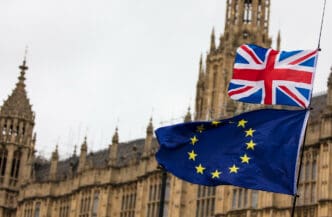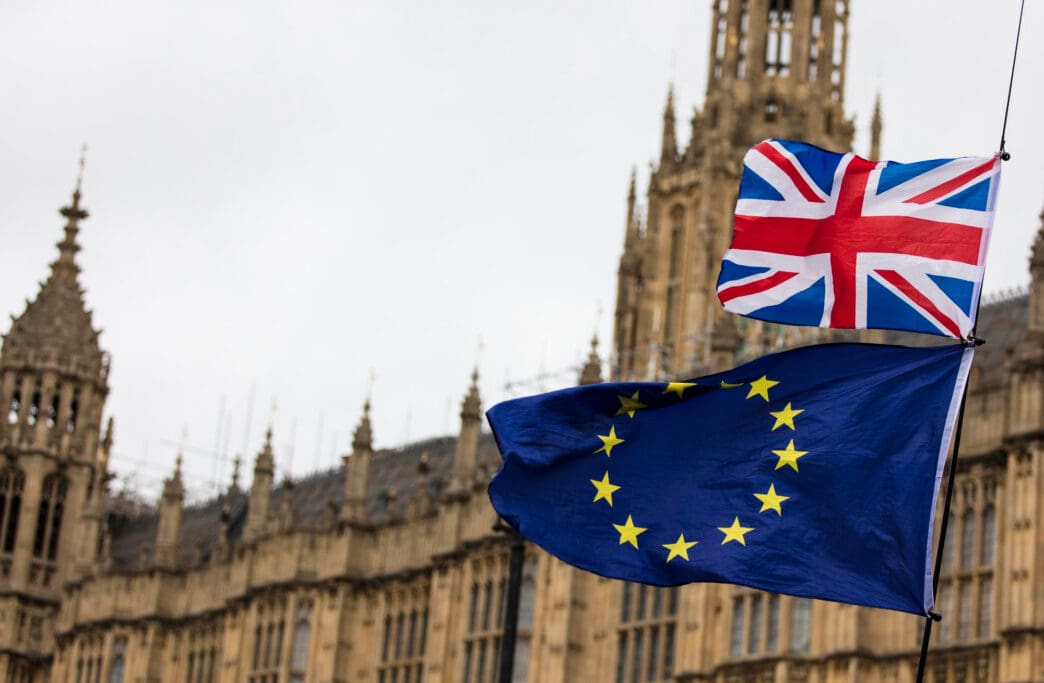Executive Summary
The Story So Far
Why This Matters
Who Thinks What?
Adrian Wooldridge, a global business columnist for Bloomberg Opinion, observes that Britain has largely sidelined the issue of its relationship with the European Union, an issue that previously consumed the nation’s political discourse. This shift comes despite key political figures having built careers around Brexit, and the Conservative Party’s initial hopes for long-term political dominance following the referendum.
Shifting Political Focus
Wooldridge notes the apparent public fatigue with the “European question,” referencing former Prime Minister Boris Johnson’s 2019 election slogan, “get Brexit done.” This public weariness is cited as a significant factor in the issue’s diminished political prominence.
He points out the irony of this political amnesia, considering figures like Keir Starmer, who made his political career leading the campaign against Brexit. Similarly, the Conservative Party had anticipated that its referendum triumph would establish a prolonged period of political hegemony.
Economic and Social Implications
According to Wooldridge, even those who were intended to benefit from the UK’s departure from the EU have reportedly faced drawbacks. He highlights the British economy’s continued stagnation and the state’s perceived inability to control immigration more effectively than it did in 2015.
Key Takeaways
The analysis suggests that while Brexit once dominated British politics, its current sidelining reflects a combination of public weariness and unresolved economic and societal challenges, moving the issue from the forefront of national conversation.








